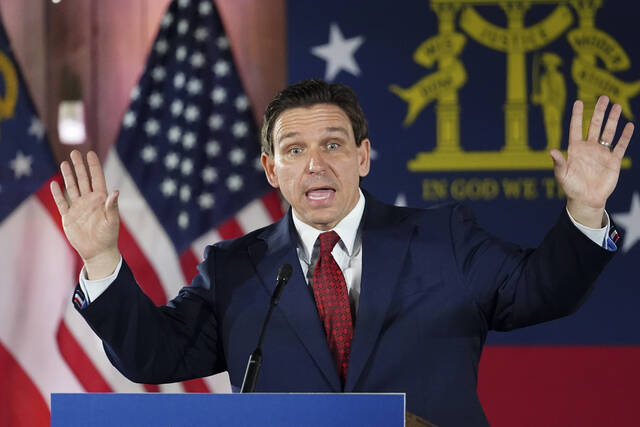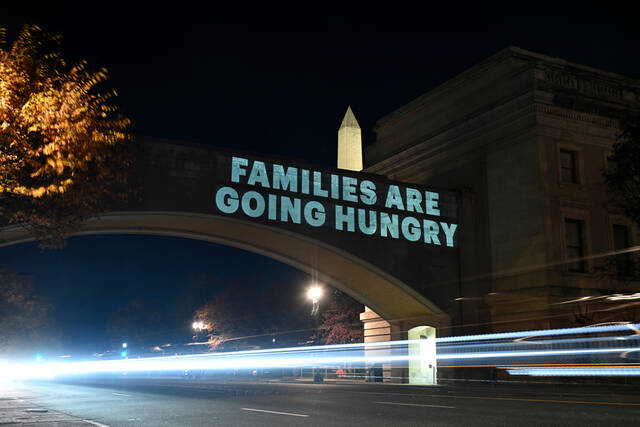The recent move by Florida Democrats to ban Gov. Ron DeSantis’ memoir, “The Courage To Be Free: Florida’s Blueprint for America’s Revival,” raises issues that are more important than the few chuckles it warrants. DeSantis has promoted laws banning books on race, diversity and gender, limiting teachers’ ability to discuss those topics. He calls them “parental rights” laws.
New York Times columnist Jamelle Bouie calls this legislation the “heckler’s veto.” In one Florida county, the parent of one child dictated the education of all the children in the county. Bouie says, “… a single complaint about the Disney film ‘Ruby Bridges’ — about the 6-year-old girl who integrated an all-white New Orleans school in 1960 — led to its removal from an elementary school.”
All of this puts teachers in a tight spot. As Manatee High School history teacher Don Falls told ABC News, he now has to wonder if he is breaking the law when he teaches civil rights and uses examples of the racist violence against African Americans in Birmingham in 1963.
“And, of course, some of those images of those periods can be quite upsetting: dogs turned on little girls, fire hoses,” Falls said. “I’m showing them some of these images. In the back of my mind, I was saying, ‘Well, if a student here gets upset about these, have I violated the law?’”
Book banning has received much of the media attention so far. Jonah Winter’s “Roberto Clemente: Pride of the Pittsburgh Pirates” was pulled by Duval County officials because it described the racial discrimination Clemente faced when he played baseball here. The biography was eventually put back on school shelves, but only after the ban became the subject of national derision. Other books remain banned.
The poorly drafted language of these laws — glaringly vague and ambiguous — has every school district and teacher wondering what books are teachable. As reported by the Tallahassee Democrat, the Florida Department of Education’s media specialist training material says that “a teacher can be charged with a third-degree felony if materials are found harmful to minors.”
And that brings us back to Florida Democrats and their argument that DeSantis’ own book should be banned because — by his laws’ standards — the content could be upsetting. Fentrice Driskell, the Democratic Leader of the State House, claims that DeSantis’ book contains 17 possible violations of the law, including numerous references to the terms “woke” and “gender ideology,” both of which could be considered prohibited “divisive content.”
As Driskell told the Daily Beast, “The very trap that he set for others is the one that he set for himself.”
Parents are weighing how and what their children should be taught, a proper role for parents to debate before their local school boards. But there are some things that can be taught at home, some things that should be taught at home if they are not being taught in public schools.
Racial discrimination — all the ugliness and cruelty and unfairness of it — is part of our history, and still part of all of our lives. DeSantis can ban books about racism and pretend that it never existed and does not exist now, but he can never pass a law that can change history.








